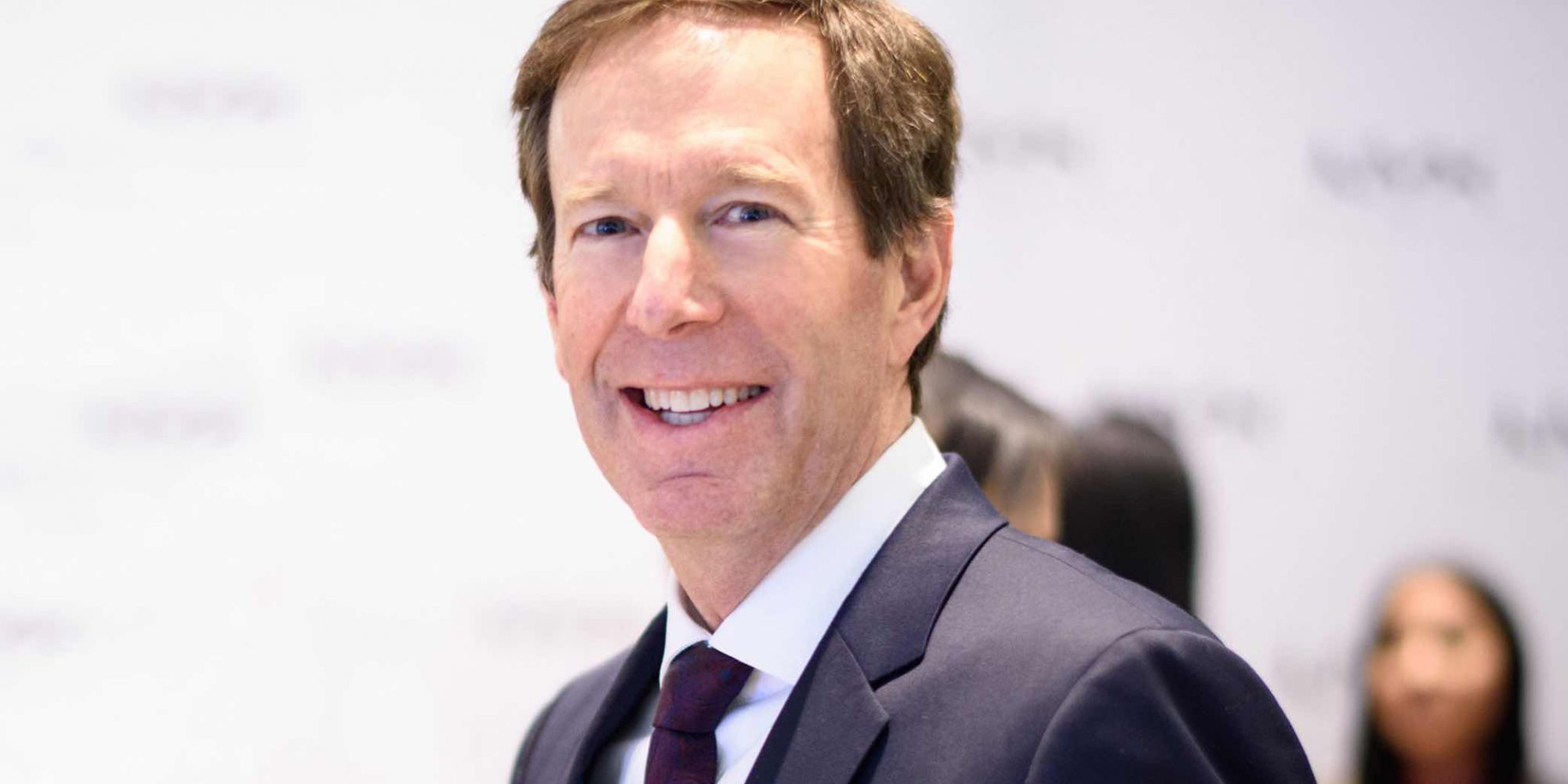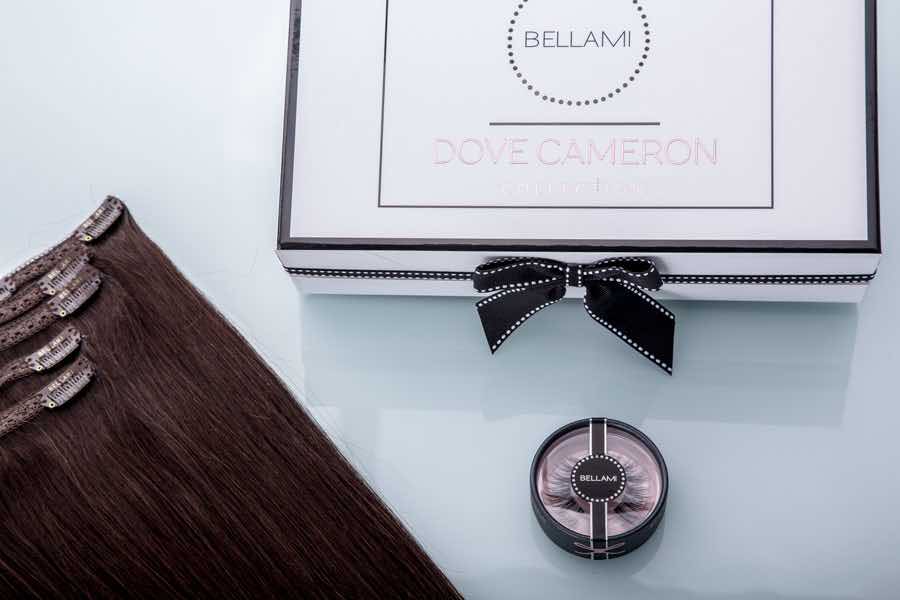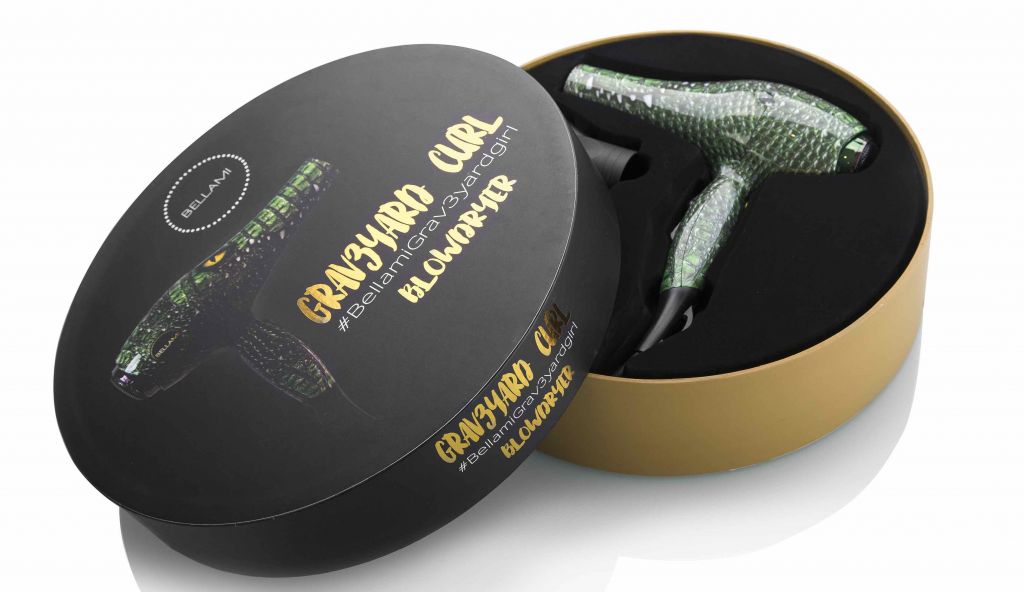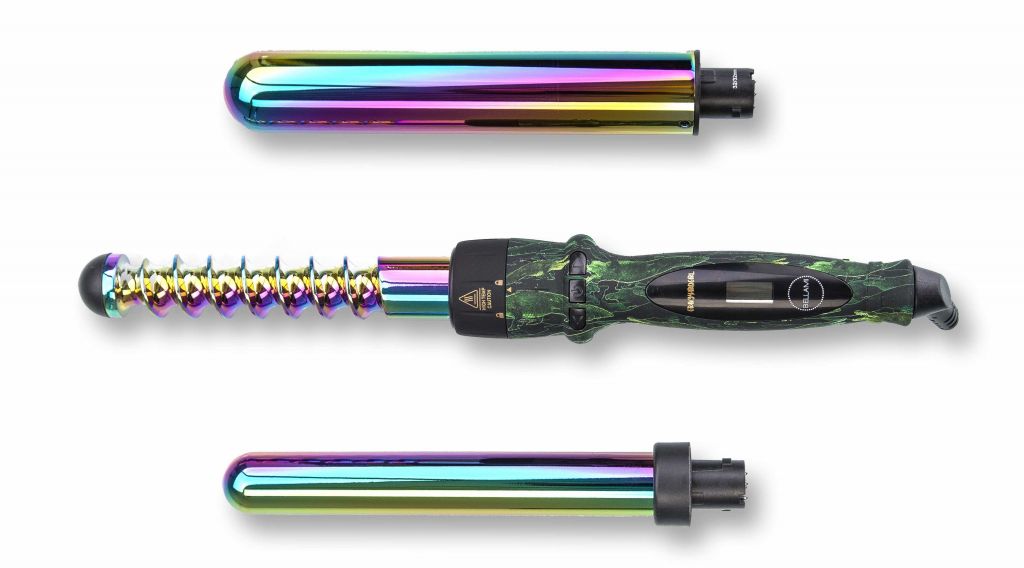
Bellami’s Scott Friedman On How To Hire The Right CEO
Scott Friedman is a favorite executive of beauty entrepreneurs. Along with founder Toni Ko, he guided the mass-market makeup authority NYX Cosmetics to a $500 million deal with L’Oréal in 2014. Seven years earlier, he was president of cosmetic bag specialist Allegro Manufacturing when it sold to Conair Corp. Today, he’s CEO of Bellami, a social media-fueled hair extension company started by Julius Salerno and Nikki Eslami in 2012. “Bellami is at a very similar stage to where NYX was when I joined. Sales in the year prior were under $30 million. They’re excellent brands in growing categories with talented founders,” says Friedman, adding about his career, “My whole life has been a mixture of large and small companies. Each step of my journey, I’ve learned a lot.” Beauty Independent prodded Friedman to relay what he’s learned about effective approaches for securing the ideal executive to supercharge an indie beauty company.
TURNING TO A SEASONED CEO
Friedman suggests growing beauty brands should consider shoring up management once the practices that put them on the path to growth are no longer yielding desired results. “I don’t view it as a CEO taking over. I view it as partnering with the founders and owners to help the brand do what it has done best,” he says. “The brand almost becomes even more synonymous with its story and ideals. My goal is always to focus on what’s important to the brand.” Brand founders should be clear about objectives for their businesses as they embark on the executive hiring process. “If someone’s goal is to sell into a beauty retailer, then you want someone who knows what it is like to do that,” says Friedman. “When you want to go international, you want someone who knows how to navigate the international landscape.”

EVALUATING EXECUTIVES
There’s no single interview question that will enable founders to understand that they’ve landed upon the right CEO for their company. A beneficial business marriage boils down to chemistry. “I need to be open. They need to be open. It’s about the pace at which people speak. It’s how they smile, and how you bounce back-and-forth between details and the big picture. It’s how they respond to questions,” says Friedman. “It has to do with comfort level.” During an interview with a CEO candidate, he advises brand founders to “ask a lot of short, general questions so the prospective executive can share ideas on different subjects because you’re going to have to work very closely together on all of them.” Friedman elaborates, “Some entrepreneurs aren’t used to sharing what they’re thinking. They’re used to telling people what to do, but it is really about opening up and having flowing conversations about the business.”

WHAT TO WATCH OUT FOR
Founders shouldn’t worry that a CEO is going to usurp them, and a CEO shouldn’t worry that he or she isn’t going to have any power. If those concerns creep into the business relationship, it won’t be fruitful. “They need to have a good feeling for how the communication dynamic is going to work,” says Friedman. “They [the CEO] can’t just come in and tell this other person what to do. If it is a single founder or two founders, they have to feel everyone is working together. They shouldn’t have to step back completely, although they do have to allow someone to make certain decision. The person who comes in has to realize that they don’t own the company.” He also emphasizes a CEO and brand founders have to be on the same page when it comes to leadership and management styles. Friedman isn’t a fan of prolonged formal meetings. At Bellami, Salerno and Eslami are on board with his preference. “It’s more of an ongoing dialog. I want people to know that they can interrupt, and what I tend to do is touch base whenever I think something is relevant,” he says. “I touch base more than most, and both Julius and Nikki are happy to be interrupted at any time.”

SETTING A BRAND UP FOR LONG-TERM SUCCESS
As soon as Friedman arrives at a brand, he attempts to fill holes in the workforce to assist the brand in executing on its initiatives. At Bellami, which he joined in October, he brought on an executive in sales and two in product development. A new vice president of marketing will join the brand soon, too. Friedman recommends entrepreneurs not grasp control too tightly and explore many avenues for potential opportunities. “It’s much better to have a smaller percentage of a significantly larger pie than holding on,” he says. “The classic example [to avoid] is engineers. They have patents for tech products, but they don’t know how to go to market. They don’t want to give up too much, and they never let go. Some entrepreneurs are really good at one or two areas of the market, but they forget the other eight. You really want to look at all aspects of the business. How big is the market? How can you get there? It’s about working backward to figure out what people and resources you need to achieve your goal, and making sure you put the pieces in place to achieve it.” If a brand is positioning itself for a sale to a bigger entity, Friedman makes certain the business nitty gritty an acquirer will scrutinize is addressed. Before Conair purchased Allegro, he notes, “We had the pieces in place so it was a smooth transition. We had the trademarks in order. We had done all the QA [quality assurance] and regulatory. The reality is those expectations were not different from my expectations in running the company. That’s why I really like the sales process. It’s fun to answer questions I should have asked of myself previously.”






Leave a Reply
You must be logged in to post a comment.